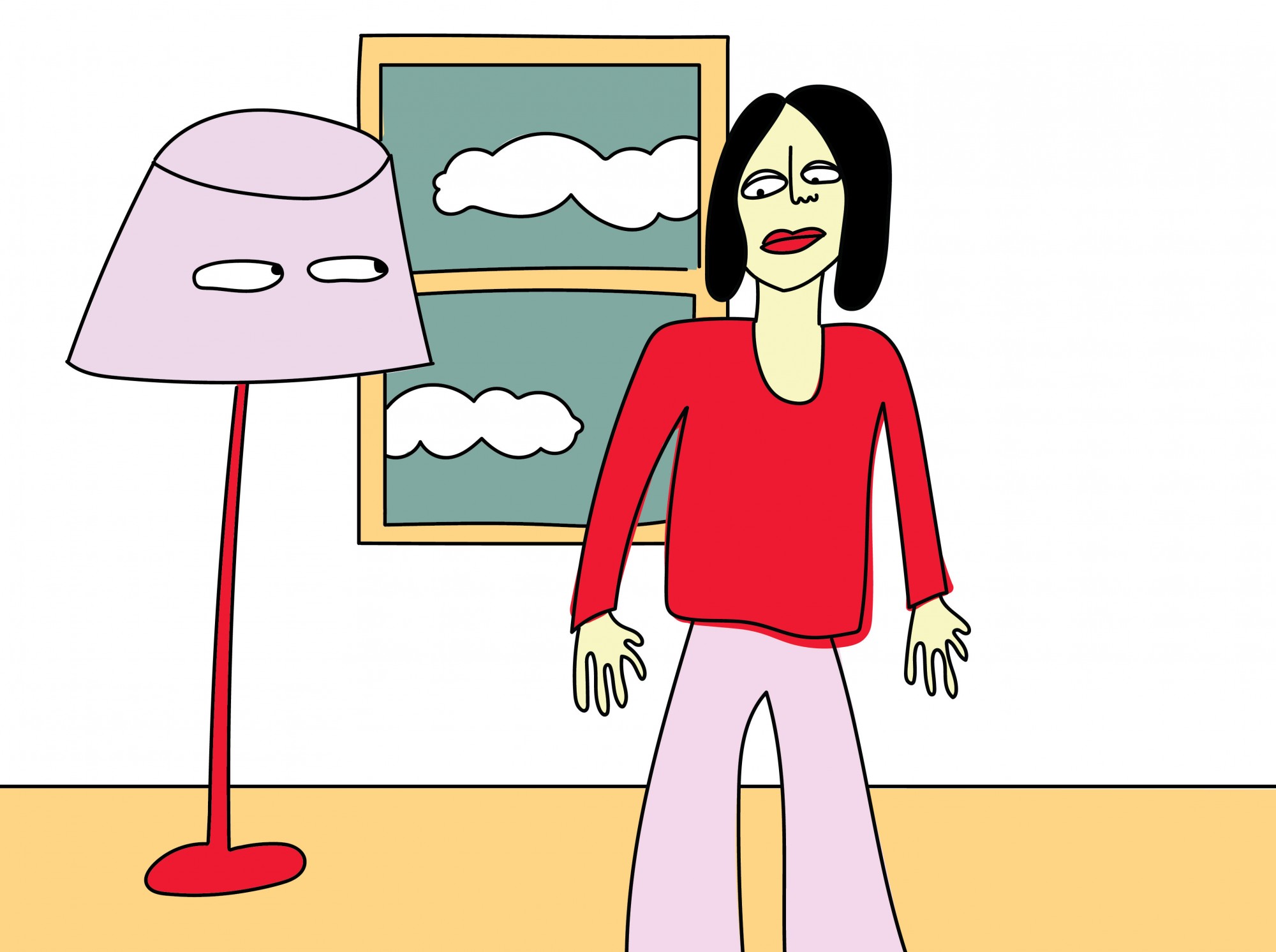Tori Harder, a senior in the University of Minnesota’s graphic design program, had been interning at an advertising agency this semester and had a full-time job lined up for after graduation.
But when the COVID-19 pandemic began hitting Minnesota, Harder’s world was turned upside down. She was laid off from her internship and could no longer work as a server. Her full-time job offer is still up in the air.
Harder, like many students, is struggling to adapt to the disruptions to daily life caused by the outbreak. As students increasingly feel lonely and socially isolated, missing out on big life events like commencement or a job offer can put their health at risk. The negative health impacts of grief, loneliness and social isolation should be taken seriously, experts say.
“I grew up without health insurance because my family was low-income … you know, I was going to have full health and dental benefits, and then all of a sudden nothing was working out,” Harder said. “It was just such an immediate shift, one day everything was normal … and now people are dying, and it’s terrifying.”
Social isolation and loneliness, though often categorized together, are two separate conditions. While social isolation is measured objectively, through interpersonal connections, loneliness is measured by how you feel. Both can lead to mental and emotional health issues, but they can also manifest physically, said Kassandra Alcaraz, senior principal scientist in behavioral research at the American Cancer Society.
“We know now that loneliness, or having a lack of social connection, is actually just as or more predictive of mortality as smoking and a lack of exercise,” Alcaraz said. “It’s a domino effect. When we have this loneliness and social isolation, then we see these negative health impacts.”
In brain scan studies, researchers found biological similarities in how we experience social and physical pain, according to Angie LeRoy, a postdoctoral research fellow in the Department of Psychology at Rice University’s Bioscience Research Collaborative.
“It’s pretty established now that we know there is some overlap in how we experience our emotional pain and our physical pain,” LeRoy said. “Loneliness is this innate social detection mechanism we have to keep us healthy. Loneliness is our body telling us that this basic human need for connection is not being met.”
But social isolation and loneliness aren’t the only consequences of social distancing and other COVID-19 prevention measures. Students are grieving the loss of graduation ceremonies, senior exhibitions, campus community, social life and job opportunities. According to LeRoy, major disruptions to “big life events” like these will take a toll.
“Students are being asked to just go on as if everything is fine while they’re grieving. You might feel lonely in the process but really what it is, is grief,” LeRoy said.
Healthwise, the negative health repercussions of grief are similar to loneliness, including predictive mortality rate. But LeRoy said the impacts are often more profound, as loss can come on quickly and unexpectedly.
Coming out of the pandemic, Alcaraz says she expects to see a shift in awareness and possibly less stigma regarding loneliness and social isolation. She also urged people to focus on having meaningful face-to-face interactions at home but warned against assuming that virtual interactions will have the same impact.
“We just don’t know if real world connections can be replaced by virtual ones,” Alcaraz said.
Students and faculty are emerging from the immediate shock of the ongoing pandemic and many are finding ways to be resilient and create community.
“We had a world that was pre-9/11 and post-9/11 – and now we’re going to have a world that’s pre-pandemic and post-pandemic. But young people are resilient, and they can handle this,” LeRoy said.
For Harder, even while navigating losses and worrying about rent, she said she feels gratitude. Although she misses random social interactions, she regularly chats with her roommates, FaceTimes with family and was recently gifted a kitten. She said caring for something else has helped her “stay motivated and be creative.”
“The shift is me paying attention to the little things I did throughout the day … like interactions with people who aren’t in your immediate sphere and seeing them as privileges,” Harder said.











